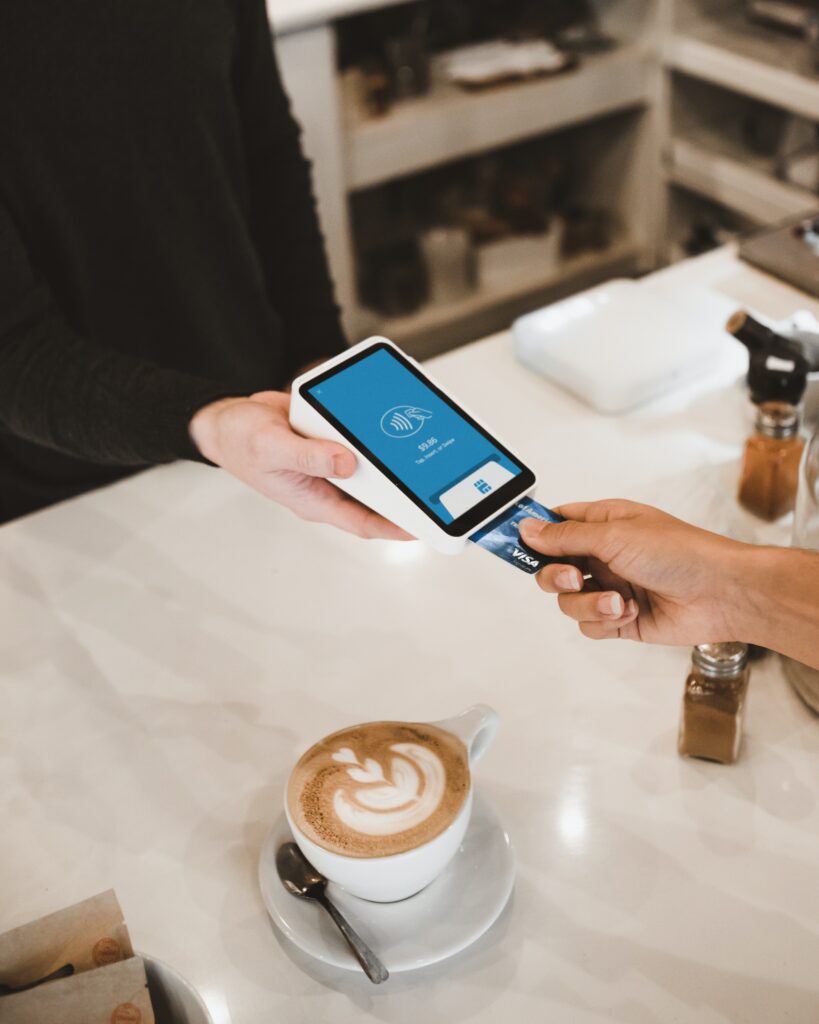- Feel Good
- 8th Jul 2023
- 1.2k Views
- 0
- 1 minutes
Is financial wellbeing the wellness trend we need most?

Our financial security is integral to our wellbeing – but managing money can be easier said than done. Here, our wellbeing columnist Hannah Bullimore shares what she’s learned by grappling with budgets and savings.










Comments